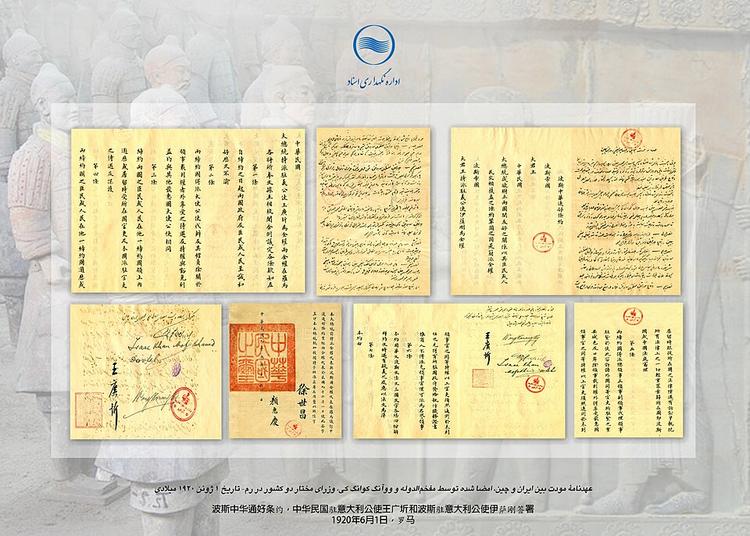Karadeniz, Turkiye (Special to Informed Comment; Feature) – If China wants to rival the United States, it must stop watching and start acting.
Beijing wants the world to believe that a new multipolar is possible, one in which U.S. dominance is giving way to a more balanced international order. However, if China truly wishes to lead that new era, it must confront a hard truth: a concrete global influence cannot be built with pro forma denunciatory speeches and symbolism alone, it needs investment that goes beyond economic alliances to create a security partnership all around the world.
China’s foreign policy has long been defined by caution, non-interventionism, and a preference for quiet diplomacy over confrontation. But this posture, viewed as strategic patience, is fast becoming a liability. Nowhere is this more apparent than in the Middle East, where China’s passivity in the face of Israeli and U.S. aggression has exposed the limits of its global ambition.
The Problem with Symbolic Diplomacy
In 2023, China received widespread praise for brokering a diplomatic breakthrough between Saudi Arabia and Iran, two bitter regional rivals. It also hosted Palestinian factions in a show of support for Palestinian unity. These moves were interpreted by many as signs of Beijing stepping into a more assertive diplomatic role in the region.
However, these gestures have not been transformed into meaningful action. Since October 2023, Israel’s war on Gaza has killed tens of thousands, flattened entire neighborhoods, and triggered a humanitarian catastrophe that many legal scholars and UN officials have described as a potential genocide. The United States has provided full-throated support and military aid, while simultaneously attacking Iranian-linked forces in Syria and Iraq. China, meanwhile, has largely remained on the sidelines, issuing general calls for restraint and peaceful resolution, but it has retained its cooperation with Israel, especially in the economic sphere.
Iran: A Strategic Partner, Abandoned
Iran has been one of China’s most reliable regional partners. Over the past decade, Tehran has aligned more closely with Beijing through trade, energy, and strategic cooperation—including a 25-year economic and security agreement signed in 2021. As Western sanctions have deepened, Iran has leaned further into this partnership, viewing China as a lifeline against isolation.
And yet, when Iran came under direct attack, first through Israeli strikes then through US bombs to nuclear sites, Beijing offered little more than silence. There was no clear defense, no diplomatic mobilization, no sign of strategic commitment.
If a long-term partner like Iran can be so easily abandoned, what message does this send to other states in the Global South looking to diversify away from U.S. dominance? Why would smaller powers take the risk of defying Washington if China offers no real protection or support in return? Many Middle Eastern states, such as Saudi Arabia, Qatar, the UAE, and even Israel, are engaging more and more with China to diversify their security arrangement and also to have a stronger say against the US. However, the shyness and silence of China will make these states to rethink if it is worth to take the risk of angering US for China as it remained silent even to its partner.
No Cold War without Commitment
Much of the Western media is eager to frame the U.S.–China rivalry as a “new Cold War.” But the comparison is misleading. During the original Cold War, the Soviet Union built a vast network of allied states and armed movements. It supported anti-colonial struggles, funded proxies, and directly challenged US influence in multiple regions. It was not merely a rival; it was an alternative. China, by contrast, avoids any such commitments. It has no proxies, no military alliances, and rarely takes a strong stand in ongoing conflicts. Its only real investments lie in infrastructure and trade—not security guarantees or political protection.

China-Iran Friendship Agreement, June 1, 1920. Public Domain. H/t Wikipedia.
This is not multipolarity, it is detachment. And detachment is not what smaller nations seek when they are under threat. The war on Gaza and more importantly the targeting of Iran have created a moment of reckoning. The world is watching not just what the United States does, but how China responds.
Will Beijing continue to prioritize economic ties and diplomatic ambiguity at the expense of credibility? Or will it begin to act like a truly great power—one that takes sides, offers support, and is willing to bear the costs of global leadership? So far, China has chosen the safer path. But in international politics, safety rarely inspires loyalty. If Beijing continues to retreat into silence, it may find that its dream of global leadership dissolves—not with a clash, but with a quiet loss of trust.


 © 2026 All Rights Reserved
© 2026 All Rights Reserved